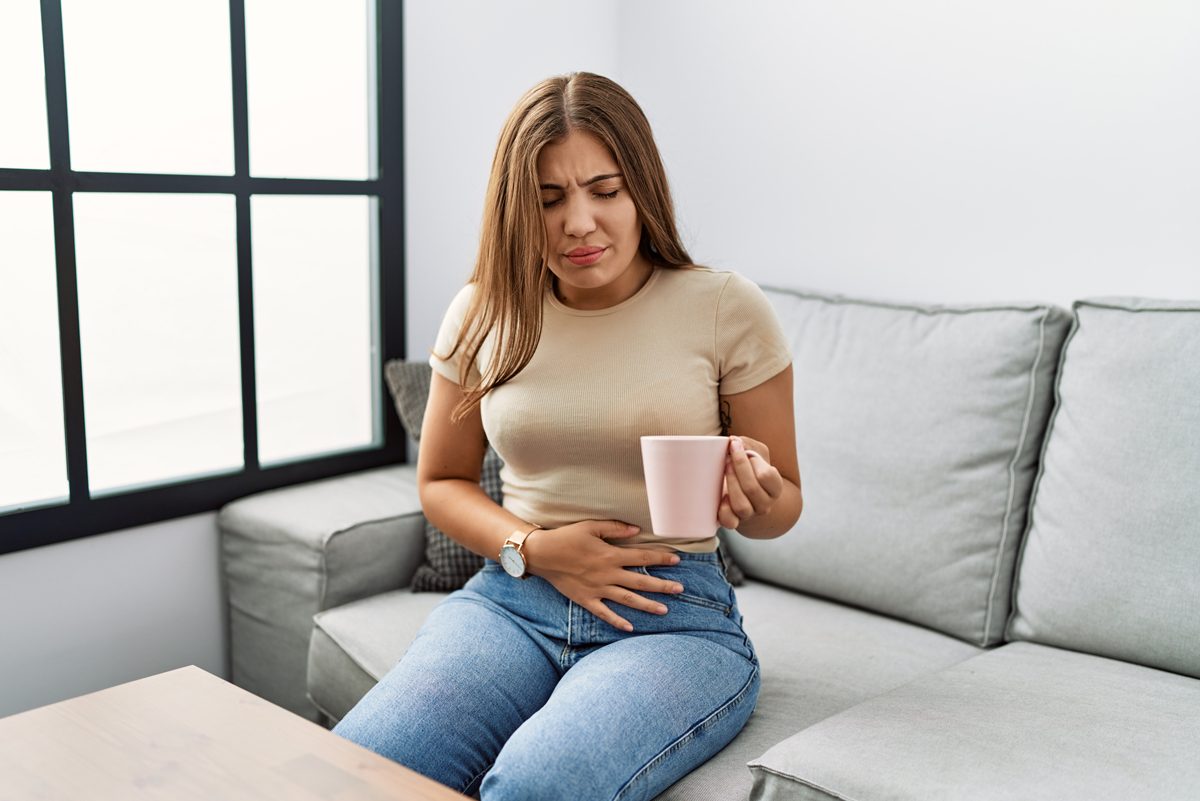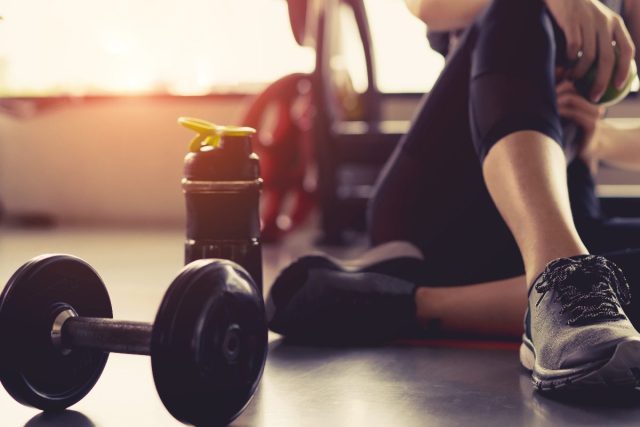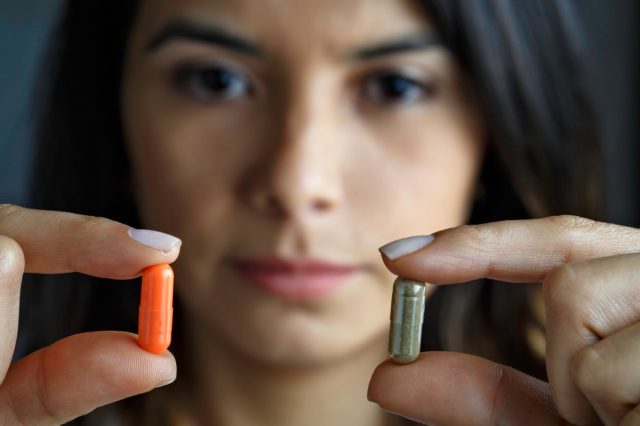Find out ‘What Are The Habits And Tips To Decrease Bloat In Seconds?’ Are you sick of putting up with a sore, bloated stomach or a swollen face? It’s not just you. All of us have gas.
However, we find it awkward to bring it up in casual conversation with friends and medical professionals, claims Natalie Egan, MS, RD, LDN. “Belching or flatulence are digestive symptoms that affect 10% to 20% of adults. The good news is that bloating or gas doesn’t always indicate a problem with digestion.

However, the first things to pay attention to are food and eating practices to reduce gas and associated humiliation. ” Here are five habits that experts say can instantly minimize bloat.
Try Stretching

Stretching is a powerful tool for reducing bloat. According to Rebecca Weible, yoga instructor and creator and owner of Yo Yoga! in New York City, “when you feel bloated, the back and core muscles are going to feel incredibly tight, because the organs are growing.” “Stretching may be quite relieving and will help things open up a little bit. Additionally, it will improve circulation in the torso, which will benefit the digestive organs.”
Work Out

According to physicians, exercise can help reduce bloating quickly. According to Frank K. Friedenberg, MD, MS, “Regular exercise makes your body function more effectively” (Epi). “Additionally, it can strengthen the walls of your big intestine to make it easier to pass feces through. Even low-impact exercises like yoga and strolling can induce sweating and the production of potent feel-good hormones. You might also think about enrolling in an online course or coming up with some inventive ways to get your daily walks in.”
Drink Plenty Of Water

Getting enough water can help with digestive problems that could cause bloating by softening stools. It’s more harder to push out dry, hard excrement, according to registered dietitian Beth Czerwony, RD. Foods high in water include cucumber, celery, and watermelon.
Over-The-Counter Remedies

According to Egan, “many advertising emphasize drugs or treatments that lessen gas and bloating.” “Some have been demonstrated to be useful in clinical studies, while others have not yet been established scientifically but are useful based on anecdotes. You might want to speak with your doctor before attempting anything.
There are two products on the market that can relieve bloating and gas caused by eating. The enzymes required to digest the troublesome carbohydrates are present in both items in packaged forms. To aid in the breakdown of lactose and reduce flatulence, lactase can be found in products like Dairy Ease and Lactaid. Beano aids in the digestion of the unpalatable carbohydrate found in beans and other bloating-inducing vegetables.”
Don’t Avoid Fiber!

Even if fiber makes you feel a little bloated, you shouldn’t stop eating it. Egan advises against fully cutting out foods that can cause gas from the diet. “Since a high-fiber diet is crucial for bowel regularity and colon health, having the patience to gradually increase tolerance to these kinds of carbs is definitely worth it.
Start off by incorporating the problematic high-fiber meal in lesser amounts—say, a half cup or less. Make sure your activity levels and drink consumption are sufficient because these factors aid in the movement of meals through the digestive system.”









